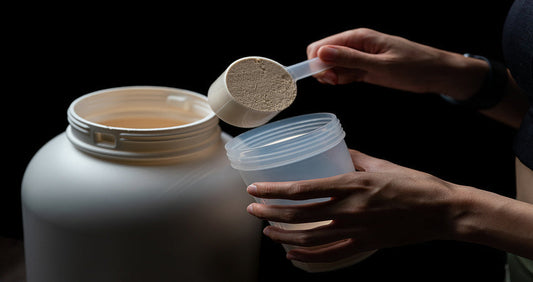Creatine is hands down one of the most popular ergogenic aids on the market and has been used by athletes, bodybuilders, and powerlifters for decades because of its stellar muscle-building, power-generating properties.
And while creatine has a lot to offer for anyone looking to up their performance gains, it sometimes comes at a cost—that is, temporary bloating. Creatine bloating is a typical side effect accompanying creatine supplementation and is thought to be caused by increased water retention in skeletal muscles. This water retention can also lead to weight gain, which is a common concern among users. [4, 12]
While it isn’t a sure-fire side effect for everyone that uses creatine, for those that get the short end of the stick, there are ways to prevent it from happening.
As such, we’re discussing the basics of creatine—what it is, how it may cause bloating, and how you can avoid it.
Key Takeaways
- Creatine helps muscles regenerate ATP quickly, supporting strength, power and muscle growth during high-intensity training.
- The “bloat” most people notice is usually temporary water retention inside muscle cells, not fat gain, and often appears during high loading doses.
- Skipping the loading phase or using smaller daily doses (around 3–5 g) can reduce bloating and GI upset while still saturating muscles over time.
- Buffered or “fancy” creatine forms have not consistently outperformed creatine monohydrate in research, so simple monohydrate remains the go-to choice.
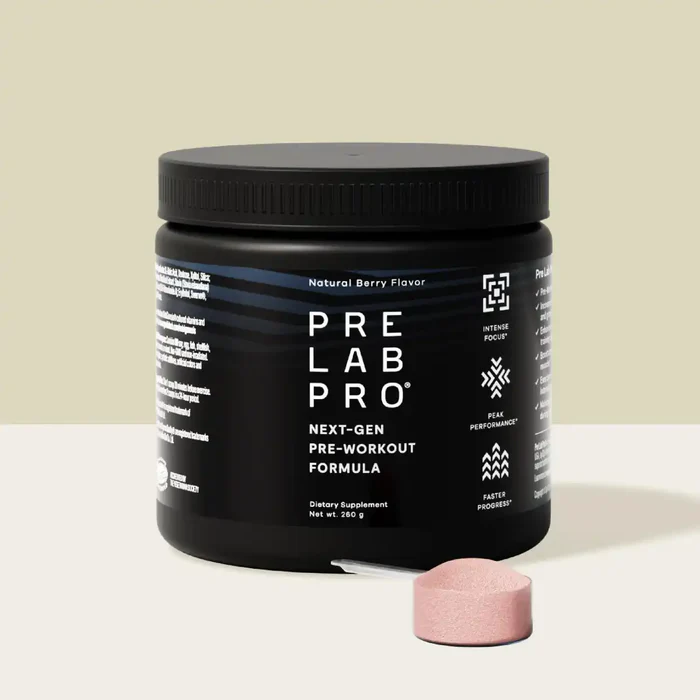
What Is Creatine and Why Should I Take It?
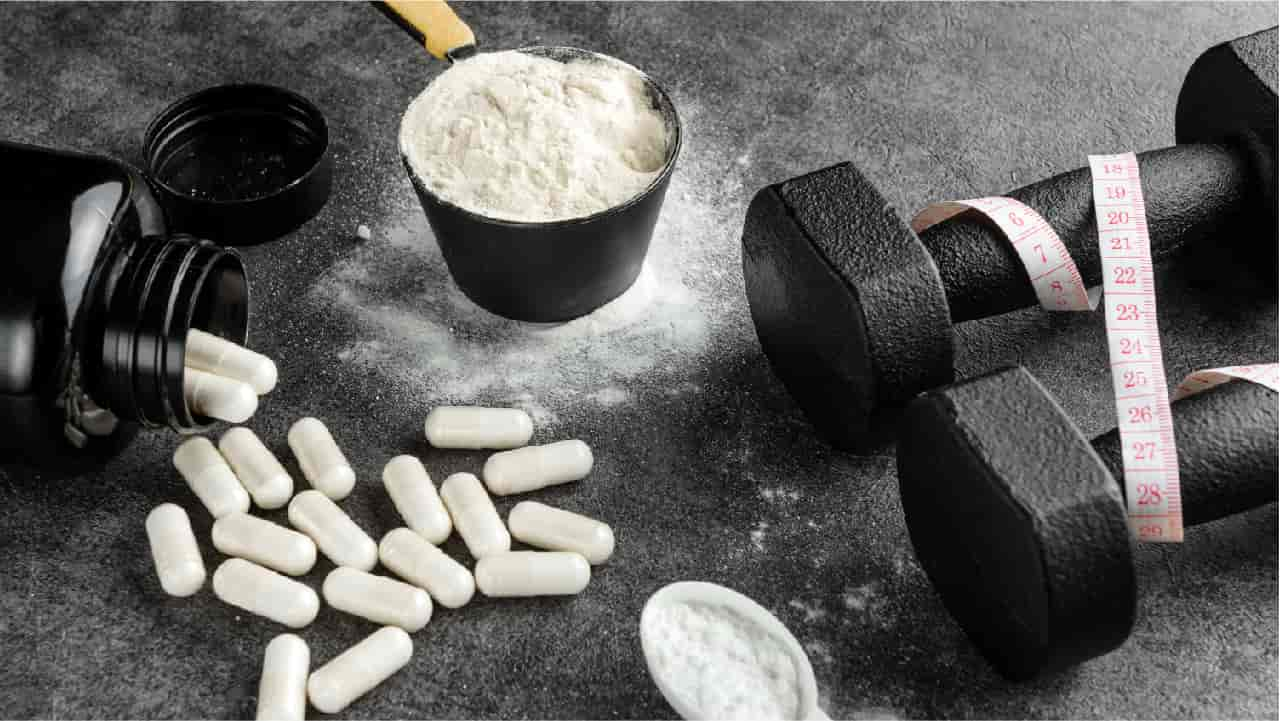
Typically, we see creatine in the form of a pure white powder stocked on fitness supplement store shelves. But it’s actually much more than that; creatine is a natural non-proteinogenic amino acid produced by the liver and kidneys from three precursor amino acids: glycine, methionine, and arginine.
Do We Produce Creatine Naturally?
Our body naturally produces creatine, and it’s also found in many animal proteins. Despite this natural occurrence, supplementation serves as a more concentrated way to increase muscle phosphocreatine. [5]
This is particularly appealing for those aiming to enhance their performance and build lean muscle mass.
Why? Because for all of the above - you need energy. And phosphocreatine provides quick energy by regenerating ATP, the main energy currency of your body. [6]
However, it's important to note that creatine supplementation can lead to temporary weight gain due to increased water retention in muscle cells. [1]
The Role of ATP in Energy Production
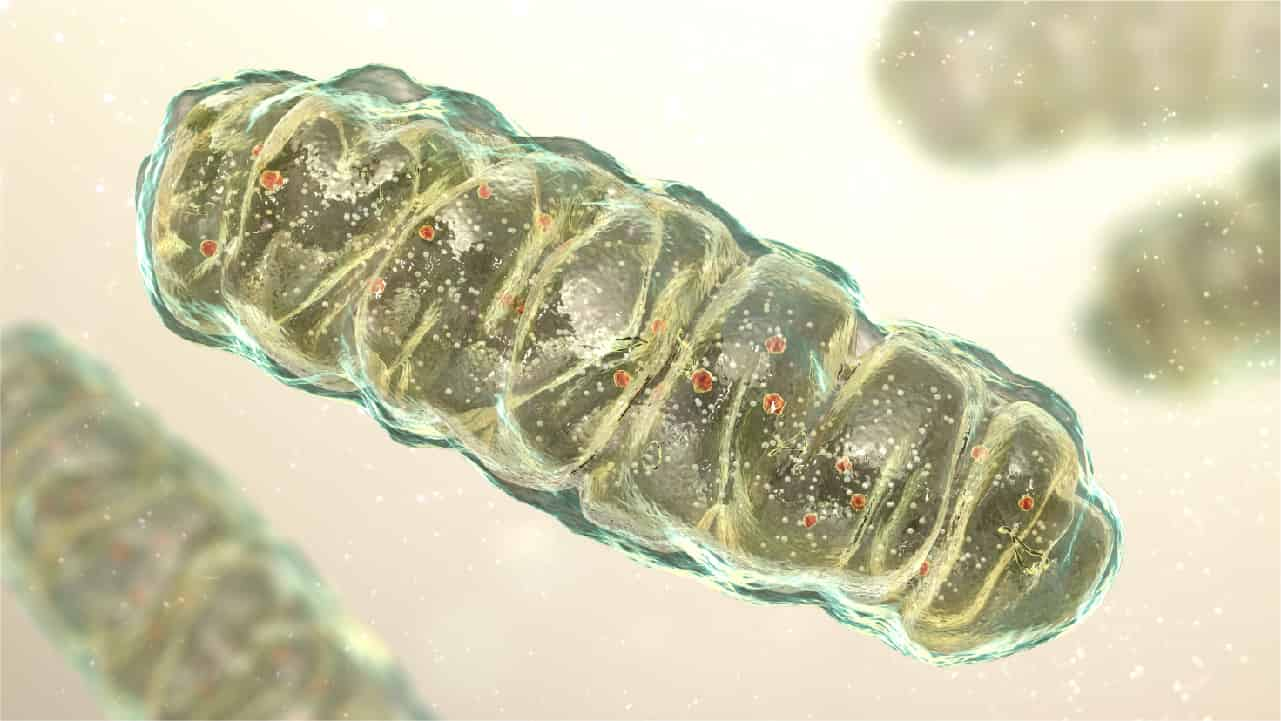
Adenosine triphosphate, more commonly known as ATP, is the body's primary energy source. And it's responsible for driving almost every physiological process in humans. [6]
The reason for supplementing with creatine ties back to its fundamental role in energy production—its ability to combine with a phosphoryl group (Pi) to form phosphocreatine.
Creatine and Adenosine Triphosphate (ATP) Resynthesis
The process starts with the degradation of ATP into ADP (adenosine diphosphate) and an inorganic phosphate molecule (Pi), which then provides energy for metabolic activities. [7]
The free energy released from the hydrolysis of phosphocreatine to creatine + Pi is crucial as a buffer in the resynthesis of ATP.
Essentially, ADP must be converted back into ATP for the body to use it effectively, and creatine facilitates this by donating a phosphate group to ADP, thus regenerating ATP. This action allows for extended and more intense training periods.
Creatine Helps Athletic Performance
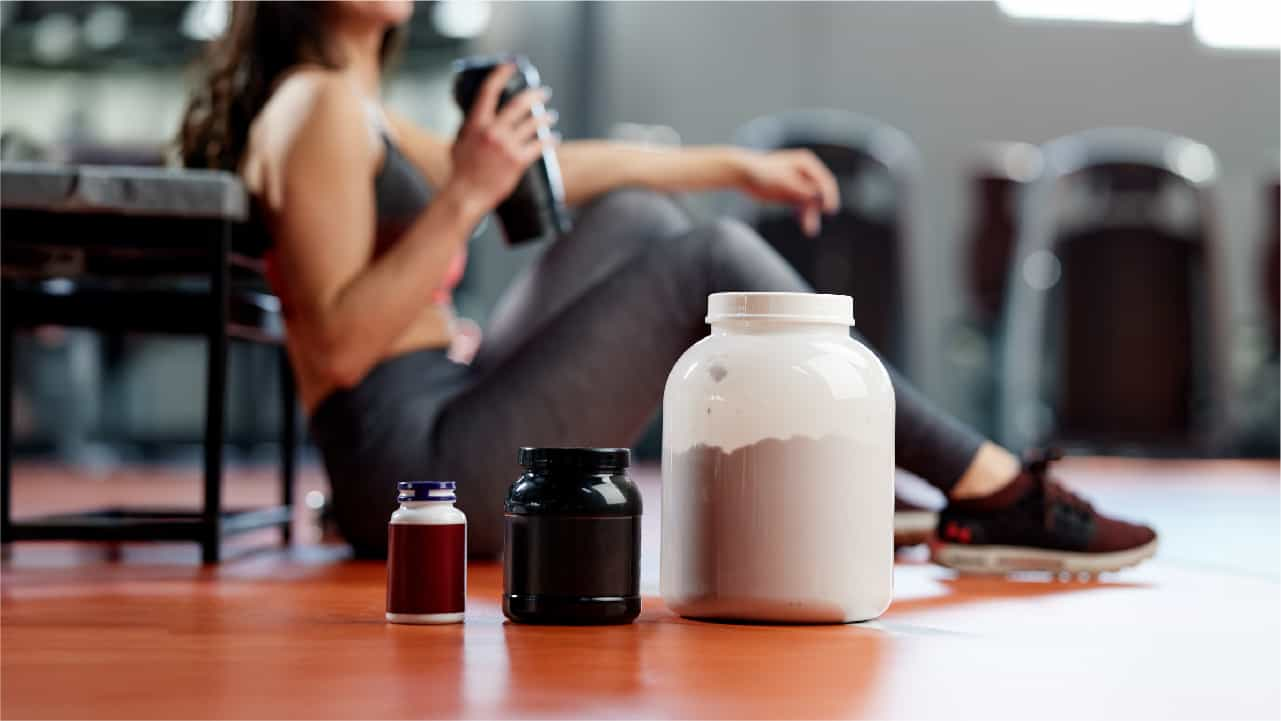
Supplementing with creatine can enhance ATP production for increased workout intensity, which is especially beneficial for short, fast, explosive movements. [8]
Creatine as a Primary Energy Source
Beyond enhancing ATP production, creatine serves as a source of fuel during anaerobic activities, such as weightlifting. In these scenarios, creatine phosphate stores become the body's first choice of energy, underscoring the supplement's usefulness in high-intensity exercise.
The Hydrating Effect of Creatine on Muscle Cells
One of creatine’s significant but less-discussed benefits is its ability to hydrate muscle cells. [2]
When muscle cells are properly hydrated, it not only supports protein synthesis but can also cause them to retain water.
This retention can make muscles appear larger and more plumped, leading to the phenomenon known as “creatine bloat.”
This water retention can lead to weight gain, which is often temporary and primarily due to high doses of creatine being taken daily.
How Can Creatine Cause Bloating?
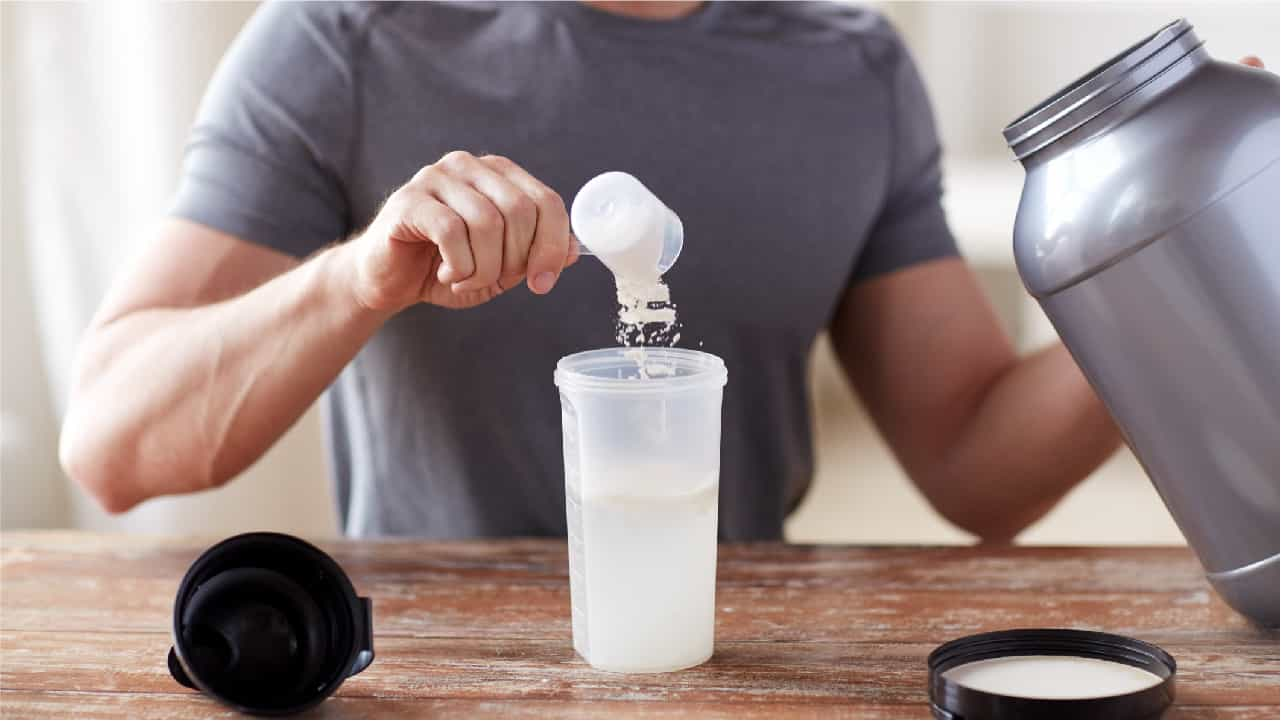
While widely accepted as a safe supplement, one of the big concerns that might make people hesitant about taking creatine supplements is creatine bloating.
The Science Behind Creatine Water Retention and Bloating
The chemical properties of creatine, once mixed with water, prompt it to form what’s known as a hydration shell. This process leads to an increase in the volume of water within the muscles, resulting in a temporary boost in body weight and muscle size. [10]
However, before creatine can be fully processed and excreted from the body, it may cause water retention and bloating. This can leave you feeling slightly puffy and spongy. Which is where the question, ‘ does creatine make you bloated?’ comes into play.
The Impact of Creatine on Body Weight, Fat Gain, and Health
While short-term creatine bloating is mainly cosmetic and rarely a problem for healthy people, prolonged water retention is something to talk about with a healthcare professional. Especially if you take other medications or have health conditions like impaired kidney function.
Besides creatine monohydrate, some people experiment with other forms of creatine to mitigate water retention and reduce the likelihood of bloating. While this water retention can lead to weight gain, this is primarily due to increased water in the muscle cells rather than fat accumulation. [4]
That said, not everyone experiences bloating or GI discomfort from creatine supplementation. If you do, there are ways to help beat the bloat and avoid common side effects — see for yourself.
How To Beat Creatine Bloating

How do you manage or prevent bloating and avoid the common side effects associated with creatine supplements? There are several recommendations, but not all of them will work for everyone. One of these methods is managing the dosage.
The Impact of Dosage & Creatine Loading
Dose is often one of the biggest factors involved in the extent of bloating experienced and is usually due to the creatine loading phase. This is the initial period when creatine is taken in a significantly higher dose than the maintenance dose required to keep muscles saturated. [4, 10]
Typically this loading phase requires about 20 grams per day, taken for 5-7 days to speed up the process of muscle saturation. After the loading phase, the dose is dropped to a maintenance phase of about 3-5 grams daily.
Some people choose to skip the loading phase and follow a maintenance phase for longer to achieve the same effects, which may help to mitigate bloating. Adjusting the dosage can also help manage weight gain caused by water retention during the loading phase.
Creatine Monohydrate vs Other Forms: Choosing the Best Creatine Supplement
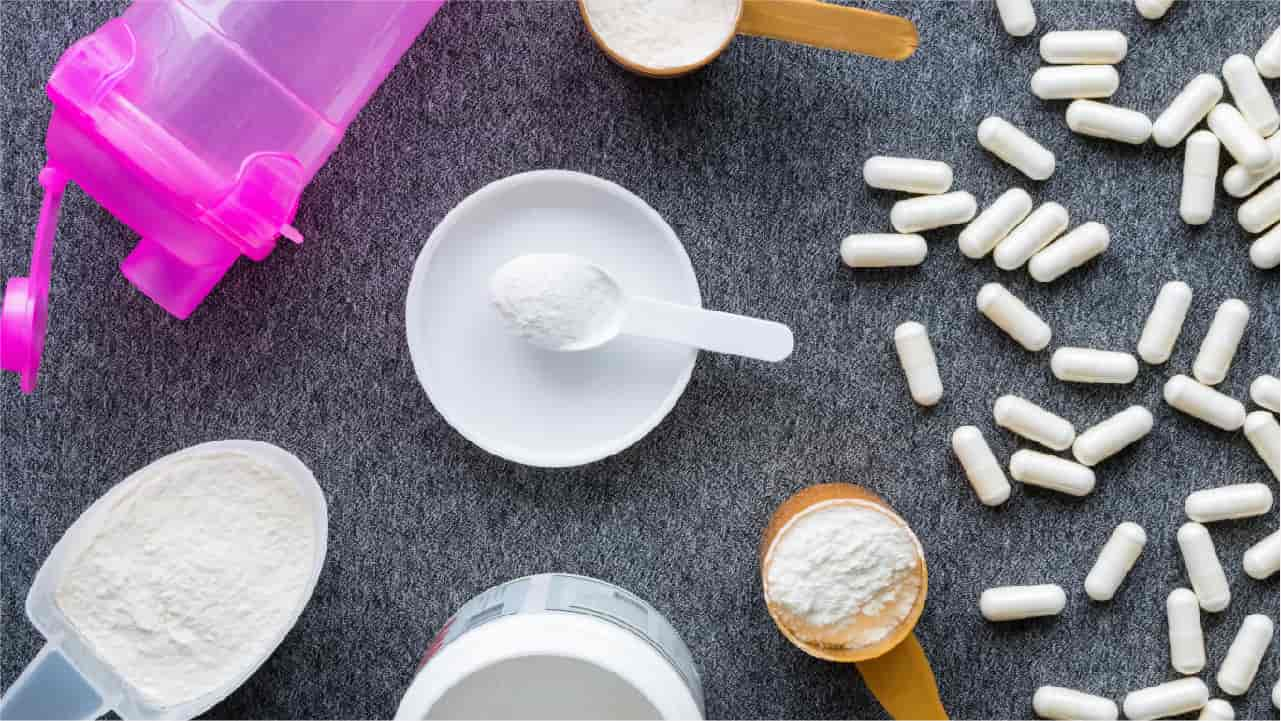
Some experts recommend a buffered form of creatine monohydrate like Creapure® pH10. The brand is recognized as the gold standard for creatine supplements. [11]
This variant is simply creatine mixed with an alkaline agent like soda ash, magnesium glycerol phosphate, or bicarbonate to increase the pH to become more alkaline than acidic.
While certain forms of creatine are speculated to reduce bloating, cramping, and other side effects associated with traditional creatine supplementation, credible evidence supporting this is lacking. If current studies are anything to go by, the good old creatine monohydrate is still the most inexpensive and reliable option. [3, 9]
Final Thoughts
If you want to return to your game bigger, faster, and stronger, take a creatine supplement of your choice together with Pre Lab Pro®. Performance Lab® Pre Lab Pro® is a stim-free workout supplement with natural caffeine that:
- Supports athletic performance.
- Contributes to fat burning performance.
- Replenishes vitamins and brain chemicals depleted by training.
- Features unique performance-tuned caffeine for calm, clear energy without crashes.
- Promotes strength, power, stamina, endurance and speed, plus muscle recovery.
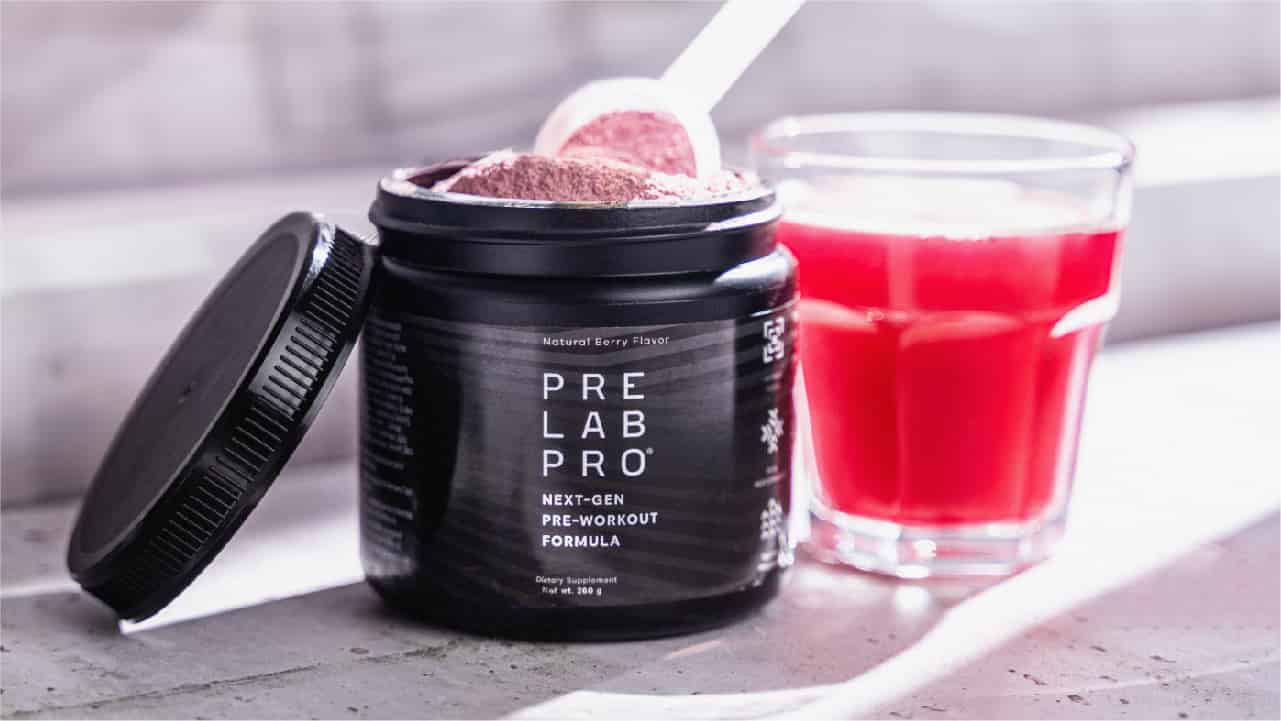
References
- RB Kreider, DS Kalman, J Antonio, et al. International Society of Sports Nutrition position stand: safety and efficacy of creatine supplementation in exercise, sport, and medicine. J Int Soc Sports Nutr. 2017 Jun; 14(18).
- ME Powers, BL Arnold, AL Weltman, et al. Creatine Supplementation Increases Total Body Water Without Altering Fluid Distribution. J Athl Train. 2003;38(1):44-50.
- Jagim AR, Oliver JM, Sanchez A, et al. A buffered form of creatine does not promote greater changes in muscle creatine content, body composition, or training adaptations than creatine monohydrate. J Int Soc Sports Nutr. 2012;9(1):43. Published 2012 Sep 13. doi:10.1186/1550-2783-9-43.
- Antonio J, Candow DG, Forbes SC, et al. Common questions and misconceptions about creatine supplementation: what does the scientific evidence really show?. J Int Soc Sports Nutr. 2021;18(1):13. Published 2021 Feb 8. doi:10.1186/s12970-021-00412-w.
- Kreider RB, Stout JR. Creatine in Health and Disease. Nutrients. 2021;13(2):447. Published 2021 Jan 29. doi:10.3390/nu13020447.
- Guimarães-Ferreira L. Role of the phosphocreatine system on energetic homeostasis in skeletal and cardiac muscles. Einstein (Sao Paulo). 2014;12(1):126-131. doi:10.1590/s1679-45082014rb2741.
- Dunn J, Grider MH. Physiology, Adenosine Triphosphate [Internet]. Treasure Island (FL): StatPearls Publishing; 2025 Jan–. Updated 2023 Feb 13.
- Wax B, Kerksick CM, Jagim AR, Mayo JJ, Lyons BC, Kreider RB. Creatine for Exercise and Sports Performance, with Recovery Considerations for Healthy Populations. Nutrients. 2021;13(6):1915. Published 2021 Jun 2. doi:10.3390/nu13061915.
- Candow DG, Forbes SC, Ostojic SM, et al. "Heads Up" for Creatine Supplementation and its Potential Applications for Brain Health and Function. Sports Med. 2023;53(Suppl 1):49-65. doi:10.1007/s40279-023-01870-9.
- Gutiérrez-Hellín J, Del Coso J, Franco-Andrés A, et al. Creatine Supplementation Beyond Athletics: Benefits of Different Types of Creatine for Women, Vegans, and Clinical Populations-A Narrative Review. Nutrients. 2024;17(1):95. Published 2024 Dec 29. doi:10.3390/nu17010095.
- Escalante G, Gonzalez AM, St Mart D, et al. Analysis of the efficacy, safety, and cost of alternative forms of creatine available for purchase on Amazon.com: are label claims supported by science?. Heliyon. 2022;8(12):e12113. Published 2022 Dec 6. doi:10.1016/j.heliyon.2022.e12113.
- Kutz MR, Gunter MJ. Creatine monohydrate supplementation on body weight and percent body fat. J Strength Cond Res. 2003;17(4):817-821. doi:10.1519/1533-4287(2003)017<0817:cmsobw>2.0.co;2.




